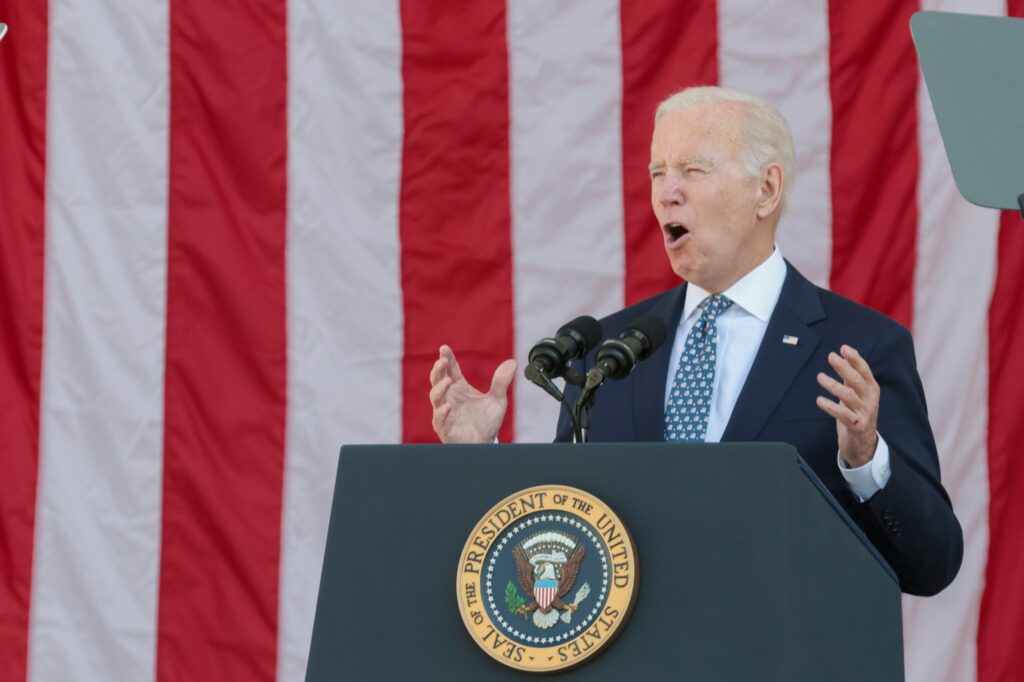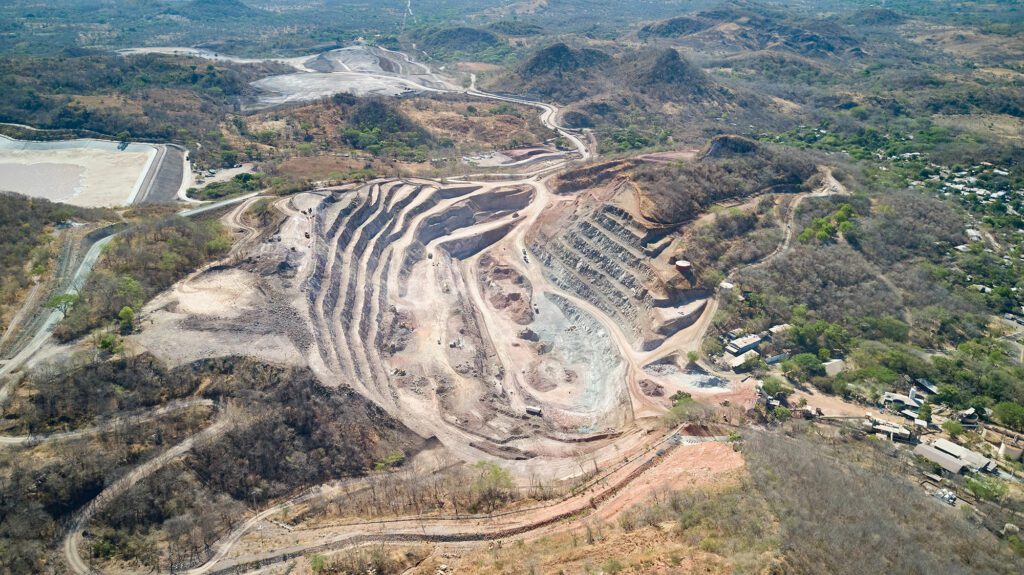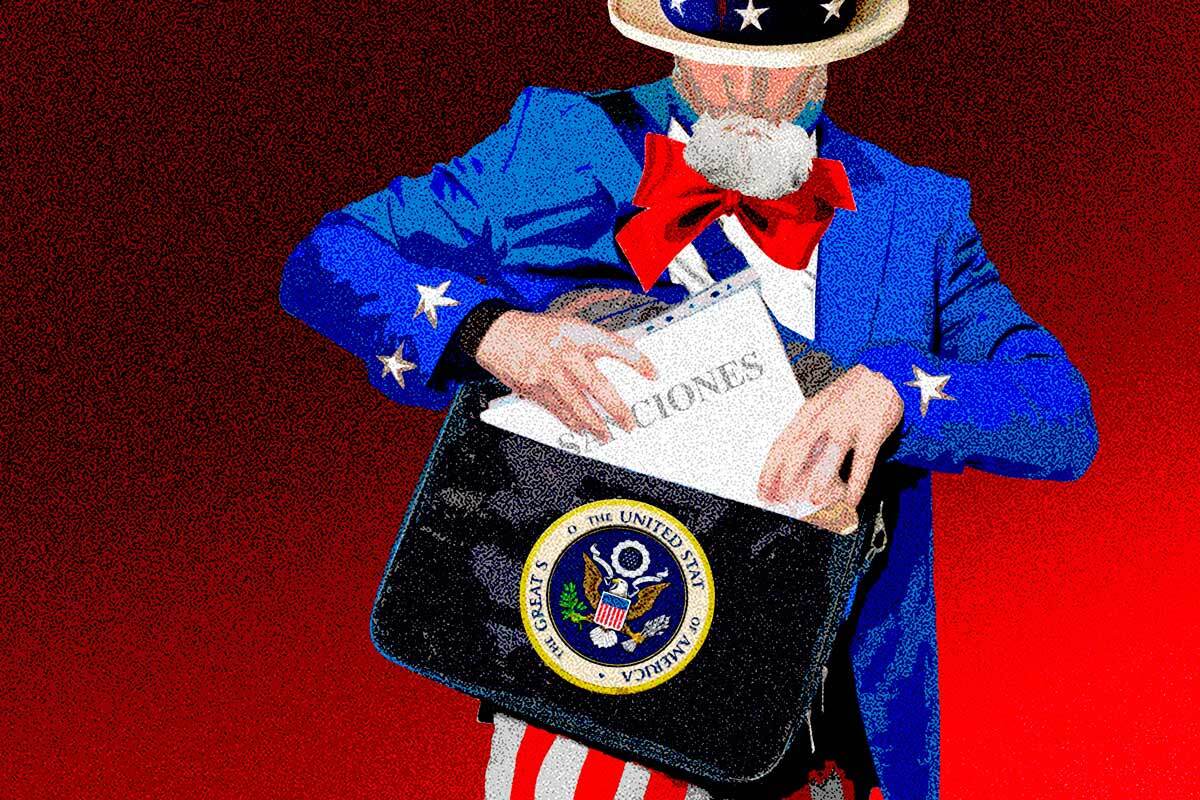The mining sector, especially that dedicated to the export of gold, continues to extensively expand in the Autonomous Region of the North Caribbean Coast (RACCN), despite the sanctions imposed by the US Department of the Treasury against the Nicaraguan Mining Company (Eniminas) in June 2022, denounces The Oakland Institute in its report “Gold Fever in Nicaragua”.
The organization points out that although the sanctions against Eniminas were announced two years ago, they have not been enforced, which has allowed the business to expand. This state wallet directly controlled by the Ortega-Murillo dictatorship is in charge of regulating the issuance of mining concessions to national and foreign companies.
Neither has there been any action taken by the U.S. Department of the Treasury, a U.S. government agency that since 2022 has also been authorized to sanction any entity with financial connections in the United States and involved in the Nicaraguan gold sector.
On the contrary, the economic activities of the mining sector in Nicaragua are growing more than ever, with the United States being the main importer of Nicaraguan gold, followed by Canada.
Recibe nuestro boletín semanal
“In June 2022, the U.S. Department of the Treasury announced sanctions against the state-owned mining company Empresa Nicaragüense de Minas (Eniminas), created in 2017 to regulate the issuance of mining concessions to domestic and foreign companies,” notes the Oakland Institute report.
“After the rigged November 2021 presidential election, the Department of the Treasury accused the Ortega-Murillo regime of ‘using gold’ and its revenues, to continue to oppress the people of Nicaragua and engage in activities that pose a threat to the security of the hemisphere,” it adds.
Sanctions extended, but not enforced

In October 2022, U.S. President Joe Biden substantially expanded the June 2022 sanctions by executive order, exposing individuals and companies with financial ties to the United States and doing business with Nicaragua’s gold industry to sanctions.
“This was the first time an entire sector of the Nicaraguan economy was restricted. However, almost two years after the signing of the executive order, the sanctions have yet to be enforced, allowing the gold sector to continue to expand and generate huge revenues for the Ortega regime,” notes The Oakland Institute.
The research highlights that well-known investment firms and mining corporations based in the United States and Canada are the main financiers of foreign gold mining companies in Nicaragua.
In the absence of sanctions, the mining business is still booming
“The Biden administration’s failure to implement sanctions is effectively sustaining U.S. and international mining companies with U.S. investors operating in Nicaragua, while the devastating cost of this profiteering is being paid by indigenous and Afro-descendant communities,” it continues.
The Oakland Institute recalls in its report that the sanctions were imposed due to the forced displacement, territorial dispossession and violence caused by mining for indigenous communities living in mining areas; and the substantial economic income received by the dictatorship of Daniel Ortega and Rosario Murillo.
The organization points out that the United States is the largest buyer of gold from Nicaragua, according to Central Bank data. Between January 2023 and July of the same year, the business generated an import value of 465 million dollars. This represented 73% of all gold exports from the country in that period.
Meanwhile, Canada generated imports of US$143 million during this period. In addition, land concessions for mining have also increased in the country in the last three years. The land area under mining concessions doubled, just between June 2021 and November 2023.
According to the Ministry of Energy and Mines (MEM), the Ortega-Murillo regime granted 146 metallic mining concessions in June 2021, which covered 923 681 acres of land. While in December 2023, the regime granted 153 metallic mining concessions covering 1.8 million acres. This represents 15% of the country’s land area.
Large mining corporations may be hit by sanctions

The Oakland Institute reports that among the companies involved in this business are Calibre Mining Corp, which obtained nine of the 14 concessions added in 2022. These cover 336,598 hectares of land, representing 3% of Nicaragua’s land area. In total, this company has received 57 concessions, covering more than 1.1 million acres.
“Calibre has aggressively pursued gold mining and exploration in Nicaragua through its wholly owned subsidiaries Calibre Mining Nicaragua, Triton Minera and Desarrollo Minero de Nicaragua (Desminic),” the report states.
Many of these concessions occupy indigenous and Afro-descendant territories that are recognized and protected by the State under the law. However, the people living in these communities have not been consulted about these projects, in violation of the country’s laws and international standards.
According to data from the same company, Calibre recorded “record” quarterly earnings on August 11, 2023 with the production of 58 392 ounces of gold, compared to 48 810 ounces of gold produced in the second quarter of 2022.
“All entities with financial ties to the United States involved in Nicaragua’s gold sector became subject to U.S. sanctions, including a freeze on U.S. assets. Although based in Canada, Calibre is a clear candidate for designation under this executive order because it owns U.S. mining properties through its wholly owned subsidiaries,” warns The Oakland Institute.
Other firms and investors involved in the mining business
In addition to Calibre, other investment firms and mining corporations based in the United States and Canada are the main financiers of the gold business in Nicaragua.
Among the investment firms noted in the report are BlackRock Inc, Van Eck Associates Corp, Invesco Ltd, and Wexford Capital LP; and Canadian mining companies such as B2Gold Corp, and Agnico Eagle Mines Ltd.
The Oakland Institute also notes that many investors are backed by U.S. companies. Among the most notable are BlackRock Inc, Vanguard Group Inc, Van Eck Associates Corp. and Massachusetts Mutual. Life Insurance Co.
“The cost of this expansion is borne by the indigenous and Afro-descendant communities of the Autonomous Region of the Northern Caribbean Coast (RACCN) who face endless violence, massacres and colonization of their lands, mainly for mining and cattle ranching,” the organization denounces.
“Failure to hold these financial interests accountable not only allows the violence to continue, but also jeopardizes the credibility of President Biden’s executive order and the administration’s stance on human rights advocacy,” notes The Oakland Institute report.

